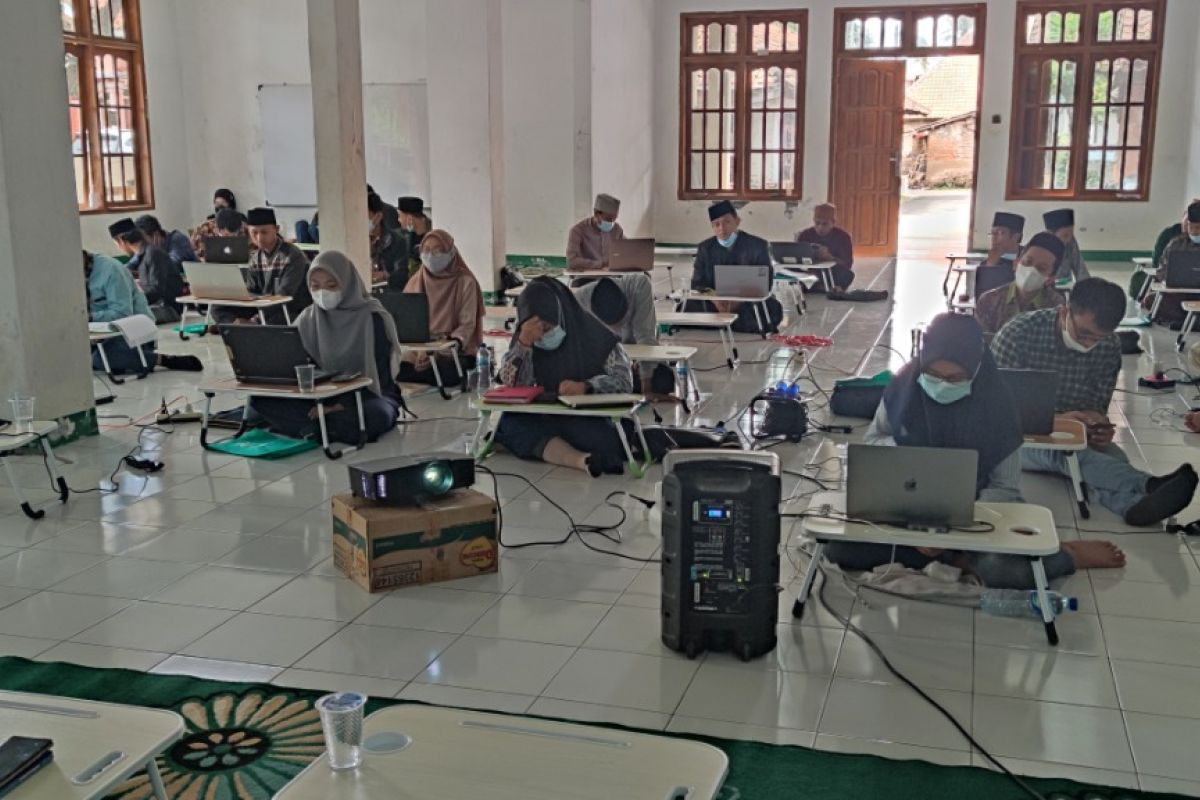Islamic boarding schools, or “pondok pesantren,” have long been revered as traditional institutions of Islamic education, with a history spanning centuries. In Indonesia, these institutions have evolved into centers of religious education and ethics, demonstrating resilience against the test of time.
In the face of globalization and rapid technological advancement, pondok pesantren are presented with new challenges and opportunities for transformation. The crucial question is, in this digital era, how can pondok pesantren reform their management and transform to produce globally competitive students? Several strategies can be employed to modernize the management of contemporary pondok pesantren.

First, Modernizing the Curriculum. The initial step in transforming the management of pondok pesantren is by modernizing their curriculum. Traditionally focused on religious studies, the curriculum now needs to encompass general subjects that align with current demands. Students should learn not only jurisprudence, exegesis, and hadith but also information technology, foreign languages, and other life skills. This broadened curriculum is essential for students to thrive in an increasingly integrated and technology-driven world.
Second, Leveraging Digital Technology. Pesantren are beginning to integrate digital technology into their educational processes. The use of e-learning, educational apps, and online platforms has become an integral part of daily student life. This technological integration not only facilitates the teaching and learning process but also expands students’ access to global educational resources. Consequently, students can learn from diverse sources worldwide, unbound by geographical and temporal constraints.
Third, Developing Soft Skills. Beyond academic knowledge, pondok pesantren must also focus on developing soft skills such as leadership, communication, and problem-solving. These skills are crucial in preparing students for the challenges of the global workforce and society. Programs like leadership training, extracurricular activities, and social projects should be included in the curriculum. This approach ensures that students are not only academically proficient but also capable of interacting and collaborating effectively with diverse groups.
Fourth, Collaborating with Other Educational Institutions. It is time for pesantren to initiate collaborations with other educational institutions, both domestically and internationally. Such partnerships can involve student exchanges, internship programs, and joint research projects. These collaborations provide students with opportunities to learn and adapt to different cultural and educational systems, thereby broadening their perspectives and experiences. Additionally, these partnerships open pathways for students to pursue higher education at prestigious institutions abroad.
Fifth, Strengthening Management and Administration. Transforming the management of pondok pesantren goes beyond curriculum and pedagogy; it also encompasses institutional governance. Implementing professional, transparent, and accountable management systems is key to this transformation. Utilizing technology in administration, modern financial management, and regular performance evaluations are some steps to strengthen pesantren management. Effective management ensures the institution operates efficiently and achieves its educational goals.
Sixth, Enhancing the Quality of Teaching Staff. Educators at pesantren must be equipped with skills and knowledge relevant to the digital age. Professional development and training for teachers (ustaz and ustazah) are paramount. They need to master educational technology, modern teaching methods, and possess a global outlook to educate students effectively. High-quality teaching staff guarantee optimal learning experiences and produce competent graduates.
The transformation of pesantren’s management is crucial for cultivating globally competitive students in the digital era. Through curriculum modernization, technology integration, soft skill development, partnerships with other organizations, enhanced governance, and improved teacher quality, pesantren can produce graduates who are not only intellectually capable but also possess the necessary skills and attitudes to compete on a global stage. Thus, pesantren will remain relevant and contribute significantly to educating the next generation to face future challenges.








